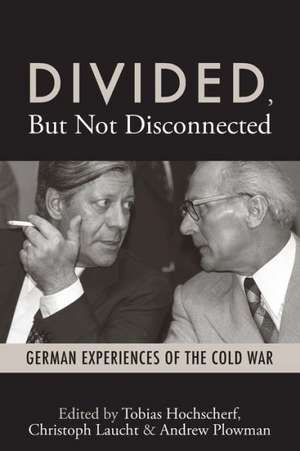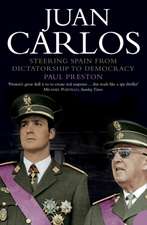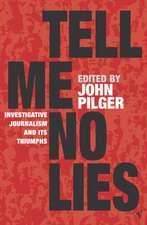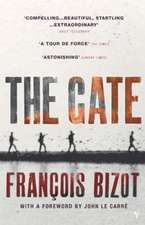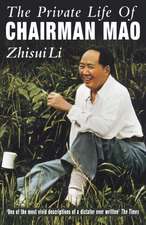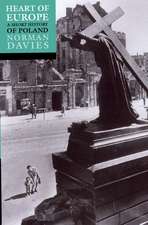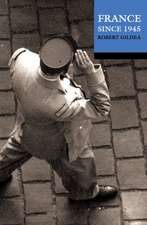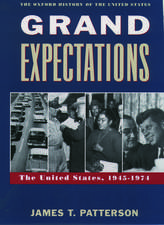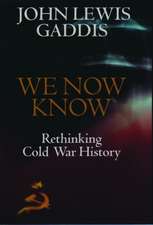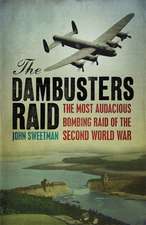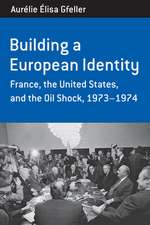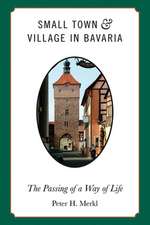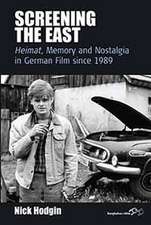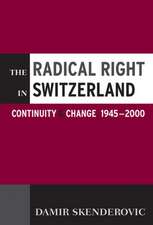Divided, But Not Disconnected
Editat de Tobias Hochscherf, Christoph Laucht, Andrew Plowmanen Limba Engleză Paperback – 30 iun 2013
| Toate formatele și edițiile | Preț | Express |
|---|---|---|
| Paperback (1) | 260.96 lei 6-8 săpt. | |
| BERGHAHN BOOKS INC – 30 iun 2013 | 260.96 lei 6-8 săpt. | |
| Hardback (1) | 751.25 lei 6-8 săpt. | |
| BERGHAHN BOOKS INC – 20 dec 2010 | 751.25 lei 6-8 săpt. |
Preț: 260.96 lei
Nou
Puncte Express: 391
Preț estimativ în valută:
49.94€ • 53.40$ • 41.63£
49.94€ • 53.40$ • 41.63£
Carte tipărită la comandă
Livrare economică 17 aprilie-01 mai
Preluare comenzi: 021 569.72.76
Specificații
ISBN-13: 9781782380993
ISBN-10: 178238099X
Pagini: 276
Dimensiuni: 152 x 229 x 15 mm
Greutate: 0.38 kg
Editura: BERGHAHN BOOKS INC
ISBN-10: 178238099X
Pagini: 276
Dimensiuni: 152 x 229 x 15 mm
Greutate: 0.38 kg
Editura: BERGHAHN BOOKS INC
Cuprins
Acknowledgements List of Abbreviations Introduction Tobias Hochscherf, Christoph Laucht and Andrew Plowman 1. Divided, but not Disconnected: Germany as a Border Region of the Cold War Thomas Lindenberger 2. Fighting the First World War in the Cold War: East and West German Historiography on the Origins of the First World War, 1949-61 Matthew Stibbe 3. Divided Memory of the Holocaust during the Cold War Bill Niven 4. Commemorating Luther: Contested Memories and the Cold War Jon Berndt Olsen 5. The Third World Origins of the Consensual Turn: West German Labor Internationalism and the Cold War Quinn Slobodian 6. The German Question and Polish-East German Relations, 1945-1962 Sheldon Anderson 7. From Bulwark of Peace to Cosmopolitan Cocktails: Marketing West Berlin as a Cold War Showcase from the 1960s to the 1970s Michelle A. Standley 8. Projections of History: East German Film-Makers and the Berlin Wall Sean Allan 9. Defending the Border? Satirical Treatments of the Bundeswehr after the 1960s Andrew Plowman 10. East versus West: Olympic Sport as a German Cold War Phenomenon Christopher Young 11. Glimpses through the Iron Curtain: German Feature Film Import into the G.D.R. Rosemary Stott 12. Visual Representation, the Male Hero, and the Transfer of Images in the Cold War Inge Marszolek 13. Re-enacting the First Battle of the Cold War: Post-Wall German Television Confronts the Berlin Airlift in Die Luftbrucke - Nur der Himmel war frei Tobias Hochscherf and Christoph Laucht 14. Unusual Censor Readings: G.D.R. Science Fiction and the Ministry of Culture Patrick Major 15. Funerals in Berlin: The Geopolitical and Cultural Spaces of the Cold War James Chapman Select Bibliography Notes on Contributors Index
Notă biografică
Tobias Hochscherf is Professor of Audio-Visual Media at the University of Applied Sciences at Kiel, Germany. His research interests focus on European film and television cultures. He is particularly interested in film practices across borders, emigres and British cinema, and representations of the Cold War in film and television. He has published widely in academic journals and edited collections. Christoph Laucht teaches history and German at the University of Liverpool. His research interests include the cultural history of the nuclear age, the transnational history of the Cold War and film and history. He is currently completing a book focusing on the impact of German emigre scientists on British nuclear culture. Andrew Plowman is Senior Lecturer in German at the University of Liverpool. He is the author of a study on German autobiography and of numerous articles on contemporary German literature. His current research focuses on the cultural representation of the Bundeswehr.
